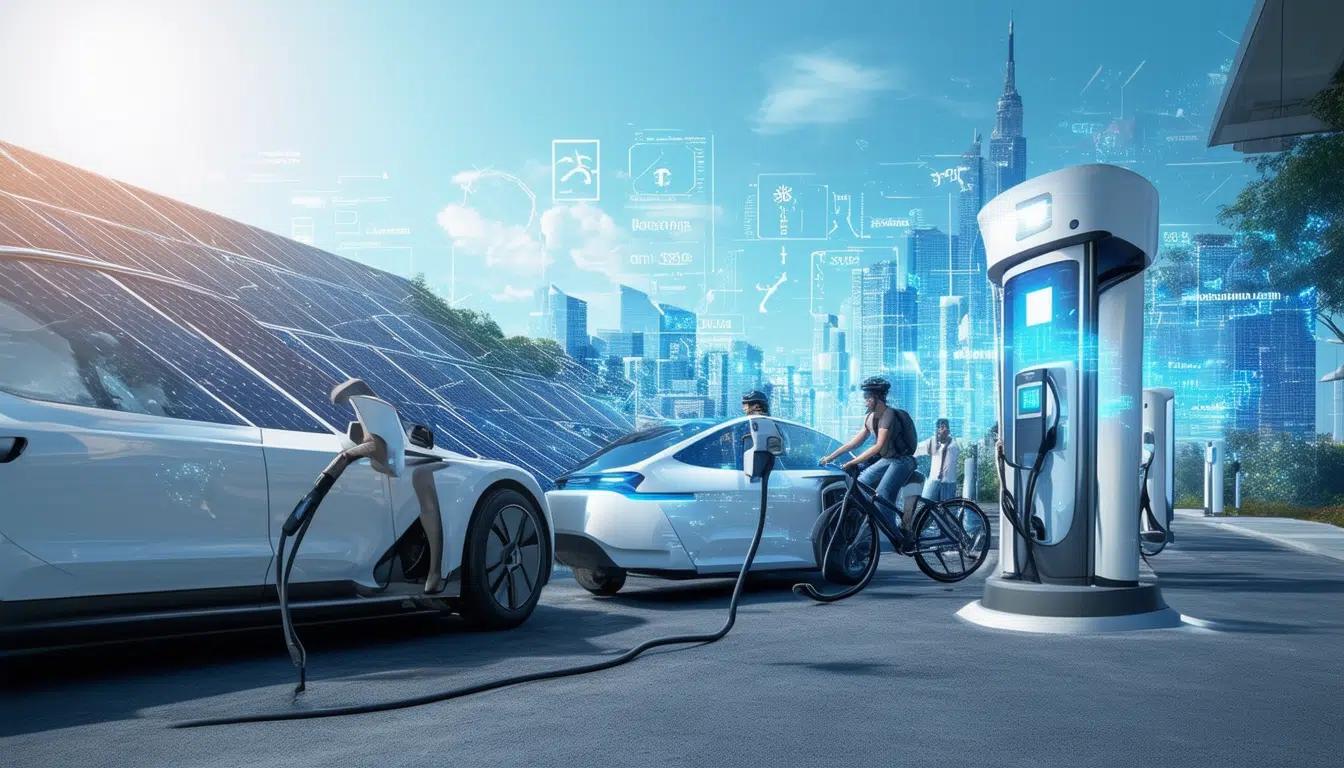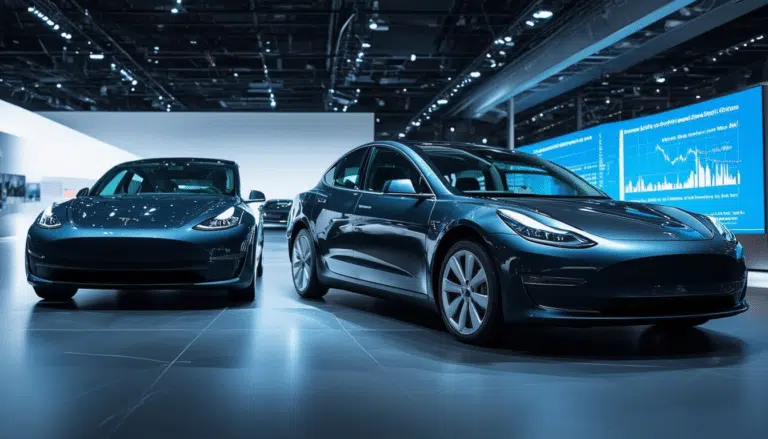The future of electric mobility and its impact on fuel spending

Electric mobility is presented as one of the main solutions for a more sustainable future that is less dependent on fossil fuels. With the increasing environmental awareness and the transition towards cleaner energies, electric vehicles are becoming an increasingly popular option. This change not only promises to reduce polluting emissions, but also translates into a significant saving on fuel expenses. As technology advances, rechargeable batteries allow for more affordable prices compared to traditional fuels, leading to a shift in how we perceive mobility and its economic impact.
Electric mobility is presented as a viable and sustainable alternative for the transportation of the future. With a focus on reducing emissions and significant savings on fuel expenses, the transition to electric vehicles is changing the way we consider mobility. This article will explore how the electrification of transport not only benefits the environment but also has a direct impact on our daily economies.
Economic advantages of electric vehicles
One of the main advantages of adopting electric vehicles is the reduction in operating costs. Compared to conventional fuel vehicles, electricity is generally cheaper. This translates into a significant decrease in fuel expenses, which becomes particularly important in a context of fluctuating oil prices. Estimates suggest that by 2035, sales of electric cars could surpass those of combustion vehicles for the first time, thus promoting greater acceptance and availability of electric mobility technology.
Lower maintenance costs
In addition to savings on fuel, another aspect to consider is that electric vehicles generally require less maintenance than their gasoline or diesel counterparts. This is because they have fewer moving parts and, therefore, less wear and tear. For example, they do not need oil changes, and the braking systems wear out more slowly thanks to regenerative braking. This results in a positive impact on personal and family budgets, allowing owners to allocate those resources to other needs.
Impact on the electrical grid
With the expected growth of electric mobility, the question arises about the impact on the electric grid. The transition to electric vehicles will require an increase in electricity generation and distribution capacity to meet demand. However, this can be an opportunity to implement renewable energy sources, which not only promote sustainability but can also help stabilize electricity costs. The adoption of technologies such as vehicle charging via Type 2 charging cable will also facilitate the integration of electric cars into the existing infrastructure.
Sustainable alternatives and their relation to electric mobility
In addition to the economic benefits directly associated with electric vehicles, it is essential to consider other sustainable alternatives, such as green hydrogen and second-generation biofuels. These technologies complement electric mobility and reinforce the transition to a transportation system less dependent on fossil fuels. By diversifying energy solutions, cities can move us towards a cleaner and less costly future.
Conclusions on the future of electric mobility
It is undeniable that electric mobility is on track to become the norm of the future. As we move towards a more sustainable and economical transportation model, the benefits in fuel savings and maintenance costs are clear. The electrification of transport not only represents an opportunity for technological innovation but also a pathway to a more robust and less dependent economy on non-renewable resources. To learn more about how these changes affect our purchasing decisions and how the future of this revolution is shaping up, additional articles on economic savings when acquiring a hybrid vehicle and transforming a diesel engine into a plug-in hybrid can be consulted.
Electric mobility is emerging as one of the most viable solutions to the growing need for sustainability in transportation. The transition to electric vehicles not only promises to reduce pollution but also translates into significant economic savings for users. With the cost of electricity significantly lower than that of fossil fuels, the adoption of this technology will enable drivers to spend much less on fuel.
The rise in electric car sales, projected for the coming years, will strengthen the charging infrastructure and help establish a more competitive market. By 2035, it is expected that sales of electric cars will exceed for the first time those of traditional fuel vehicles. This paradigm shift will imply not only savings on fuel but also a reduction in the costs associated with maintenance of vehicles, as they generally require fewer interventions and repairs.
As more people opt for electric vehicles, innovation in battery technologies and charging systems will accelerate, making these cars more accessible and efficient. Renewable energies will also play a key role in this process, as the possibility of charging electric vehicles with solar or wind energy will further increase savings on fuel expenses, creating a real impact on household budgets.
In short, the rise of electric mobility not only presents itself as an ecological alternative but also has significant potential to transform the transportation economy, reducing fuel expenses and strengthening the energy independence of users.





